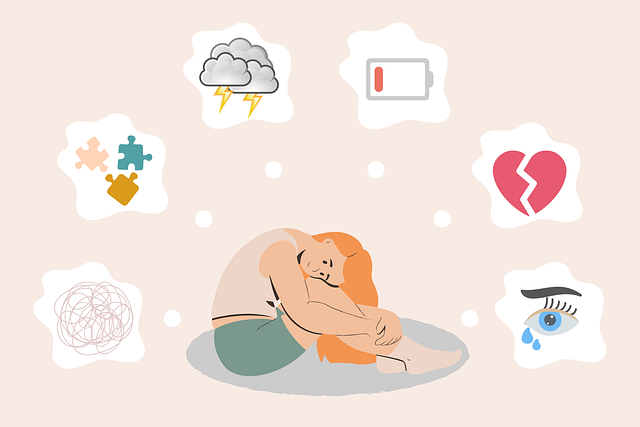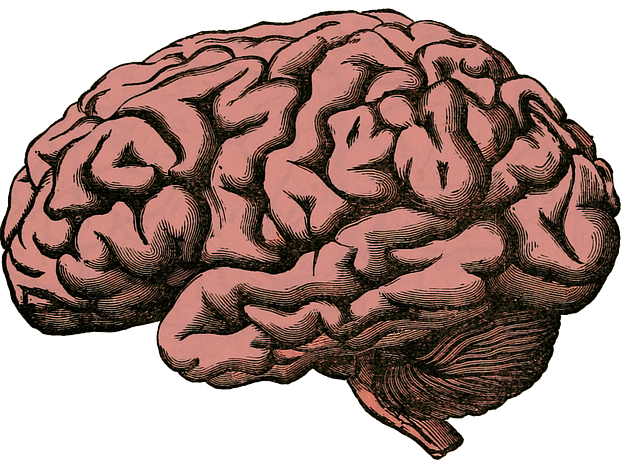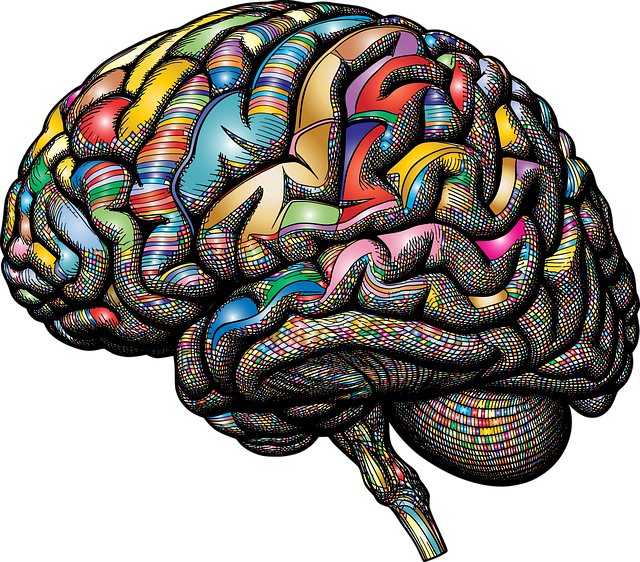Understanding and promoting mental wellness in young children is crucial for their overall well-being, especially when it comes to navigating emotional challenges and developing a positive sense of self. Play, art, and other therapeutic approaches play a significant role in helping kids express emotions, process experiences, and explore identities, such as gender identity. Effective therapy provides safe spaces and tools that empower children to manage moods, build resilience, embrace their individuality, and thrive. Personalized self-care routines tailored to individual needs further enhance mental wellness, communication skills, and the ability to navigate challenges mindfully, with particular relevance for those in therapy and exploring gender identity issues.
Mental wellness is a crucial aspect of overall health, especially for young children. This article delves into the development of self-care routines tailored to their unique needs. We explore the significance of understanding mental wellness early on and how it impacts children’s ability to manage stress and emotions. Additionally, we discuss the influence of gender identity on self-care practices, offering insights for parents and caregivers. By crafting personalized routines, children can foster resilience and emotional well-being, potentially mitigating the need for future therapy related to gender identity issues.
- Understanding Mental Wellness for Young Children
- Exploring Gender Identity and its Impact on Self-Care
- Crafting a Personalized Self-Care Routine for Optimal Mental Health
Understanding Mental Wellness for Young Children

Understanding mental wellness for young children is a crucial step in fostering their overall well-being and resilience. At a young age, kids start to form their emotional intelligence, making it essential to teach them healthy coping mechanisms and stress reduction methods. Mental wellness isn’t just the absence of mental illness; it’s about nurturing a child’s ability to navigate emotions, build positive relationships, and develop self-care habits that will serve them throughout their lives.
Therapy for young children plays a pivotal role in addressing emotional challenges and promoting healthy development. Through play therapy, art therapy, or other adaptive approaches tailored to their age and needs, professionals can help young individuals express themselves, process experiences, and explore their identities, including gender identity. By integrating mental wellness practices early on, we empower kids with the tools to manage their moods, build resilience, and thrive in a complex world.
Exploring Gender Identity and its Impact on Self-Care

Understanding one’s gender identity is a profound aspect of self-care and mental wellness. For young children navigating their sense of self, therapy can be instrumental in fostering healthy development. As they learn to express and accept their unique identities, this exploration becomes a powerful tool for enhancing their overall well-being. The process involves creating safe spaces where kids can freely discuss their feelings, questions, and experiences related to gender, allowing them to develop a positive sense of self, crucial for their mental health.
This journey often aligns with the Mind Over Matter principles, emphasizing that by addressing core identity concerns, individuals can take control of their mental health. The impact extends beyond therapy sessions; it influences how they approach self-care routines, encouraging practices tailored to their authentic selves. Incorporating these personal strategies into daily life contributes to a robust mental health education program design, empowering young people to thrive and embrace their individuality.
Crafting a Personalized Self-Care Routine for Optimal Mental Health

Crafting a personalized self-care routine is a powerful tool for optimizing mental health, especially for young individuals navigating complex emotions and identities. In today’s fast-paced world, taking time to nurture one’s psychological well-being is essential. This process involves understanding individual needs and incorporating activities that promote resilience and a sense of calm. For children exploring their gender identity, self-care can be a safe haven where they express themselves freely.
The routine should be tailored to enhance communication strategies, which are vital for managing emotions and building connections. Healthcare providers play a crucial role in offering cultural competency training, ensuring that young patients from diverse backgrounds receive supportive care. Additionally, conflict resolution techniques can be integrated into self-care practices, teaching individuals how to navigate challenging situations with resilience and mindfulness. By combining these elements, one can create a holistic approach to mental wellness, fostering an environment where young people feel empowered to embrace their true selves.
Developing a personalized mental wellness self-care routine is crucial, especially as young children navigate their emotions and identity. By understanding mental wellness and exploring themes like gender identity, individuals can foster healthier minds. Integrating self-care practices tailored to individual needs enhances resilience and overall well-being. This journey encourages folks to prioritize therapy and self-reflection, ensuring a brighter, more balanced future for ourselves and the young ones impacted by our examples.








